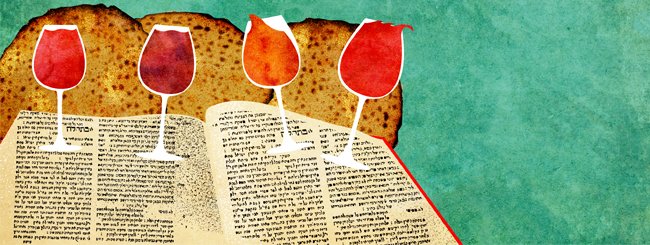
How could manna from heaven serve as forensic evidence in Moses's court, and how could lions participate in Solomon's judicial proceedings?
The Torah is not in the Heavens!

Elon Musk tweeted that aliens built them, the prevailing tradition is that the Israelites built them, and Egyptian scholars claim that Egyptians built them. But everyone is still amazed: how did they manage to move such heavy stones? And why couldn’t the Levites use the same technology in erecting the Tabernacle?

When G-d tells Noah that he plans to destroy humanity, Noah does not pound on the table and demand mercy. Why? Why didn't he act like Moses, who pounded on the table and prevented the Children of Israel from being punished?
A deeper reading will shed light on Noah's reasoning and teach us how to judge others.
When was polygamy banned in Judaism? Who didn’t agree? Why was the initiator known as “Light of the Exile”?
The history of Rabbeinu Gershom’s landmark enactments and their kabbalistic significance.
The secret to success is to properly balance our minds and hearts. A daily ritual, dating back to the days of the Egyptians, will help you attain this balance.

On Passover eve, we all gather around the Seder table and turn our attention to the children’s recital of the Four Questions. These Questions are not just children’s play. They have deep meaning and relevance for every person’s life. The following pages contain a new and original interpretation for the ancient and beloved text.

Throughout Jewish history, the rabbis have enacted takanot, or Rabbinic ordinances, to safeguard Jewish observance. Shabbat begins at sundown? The sages extend it by eighteen minutes. The evening Shema must be recited by sunrise? The rabbis said midnight.
Where did they learn this behavior? Why are the Torah’s commands not enough?